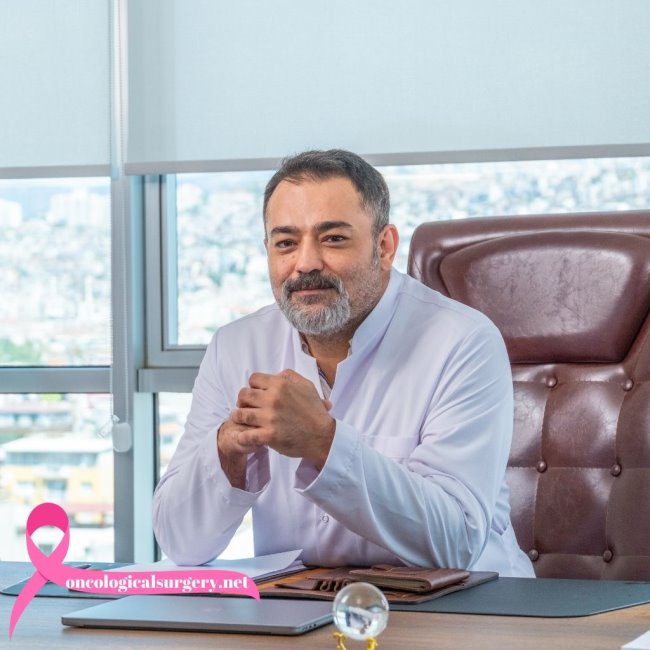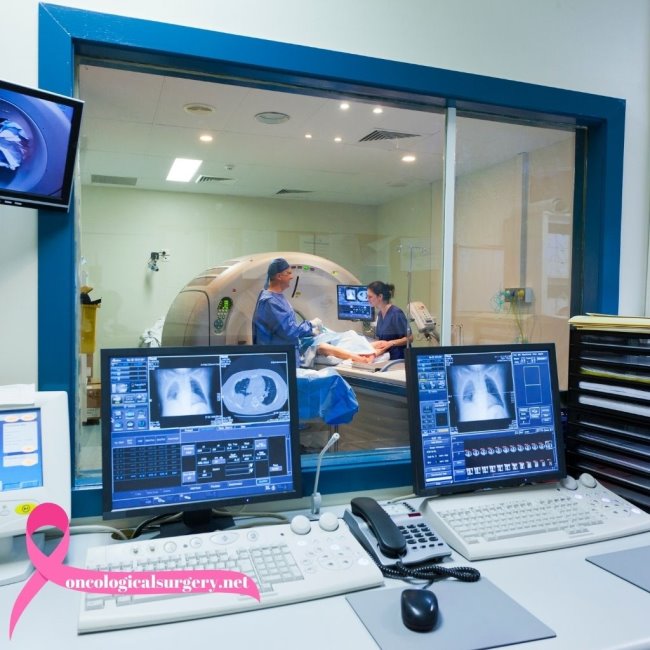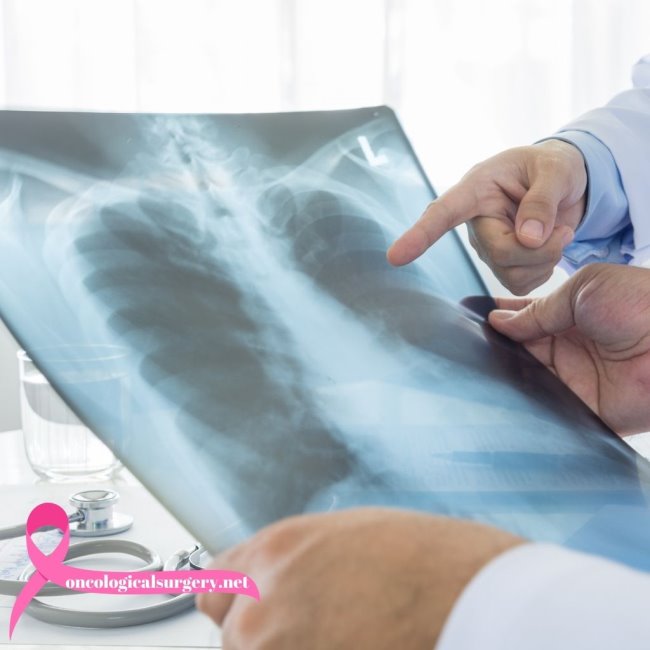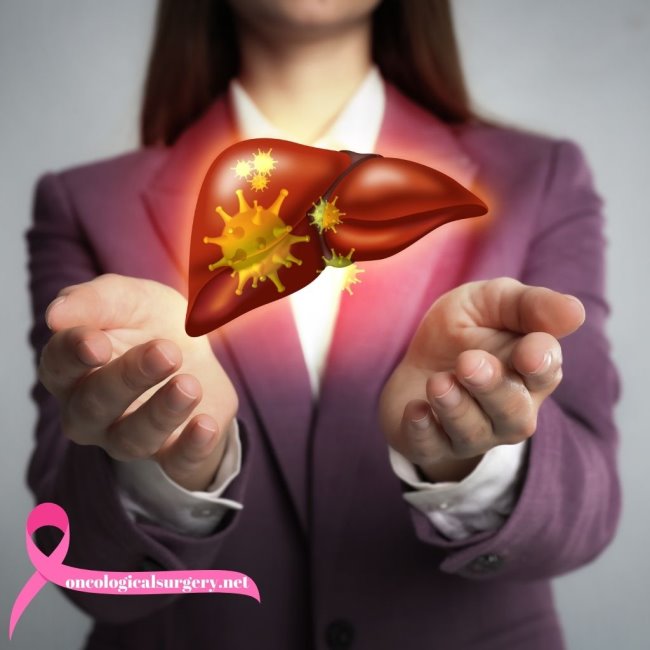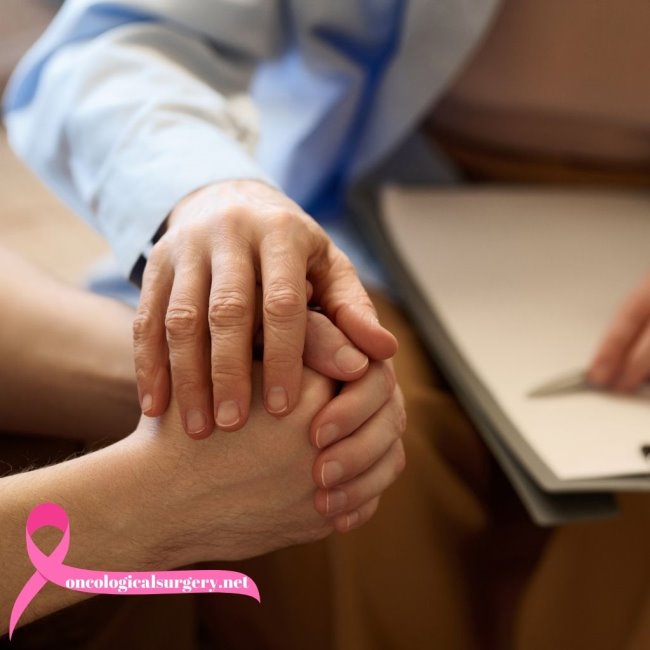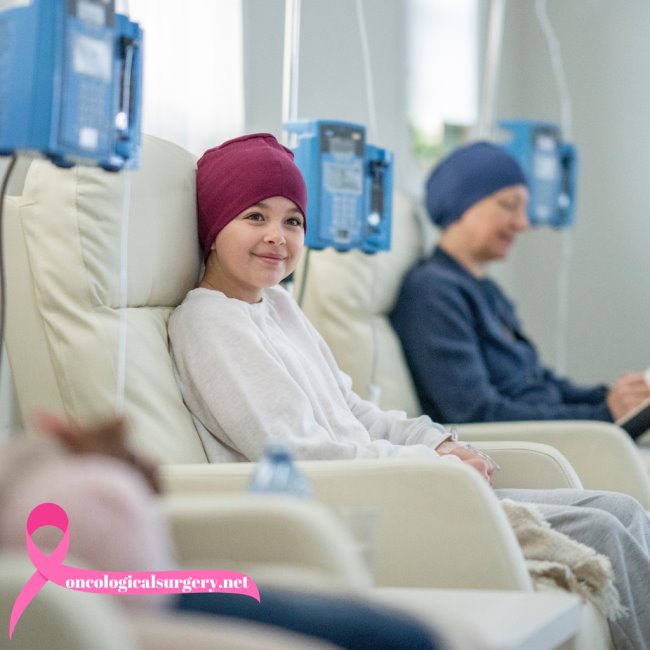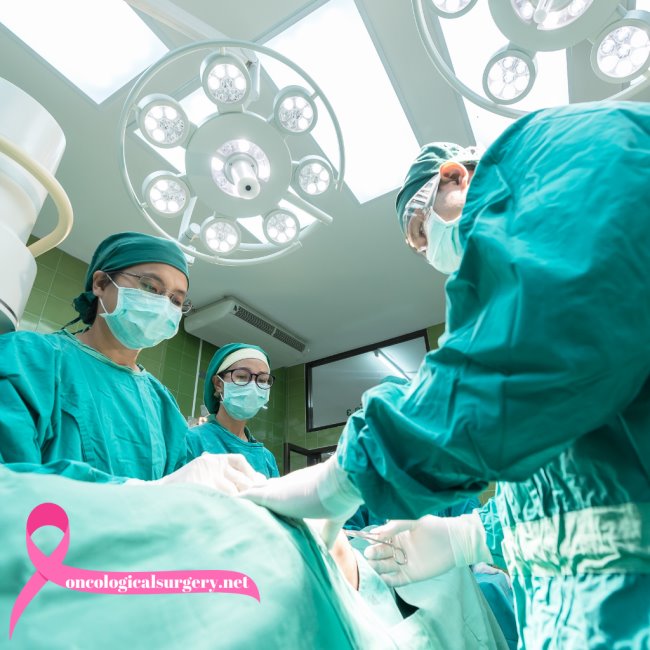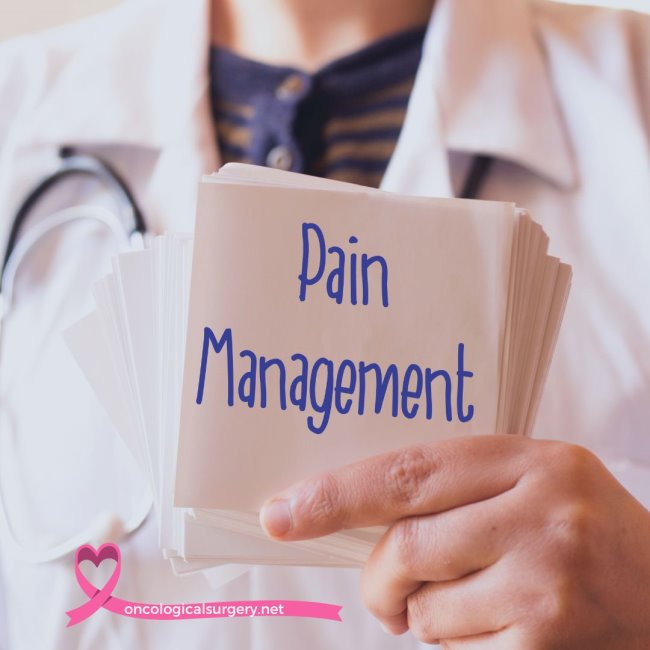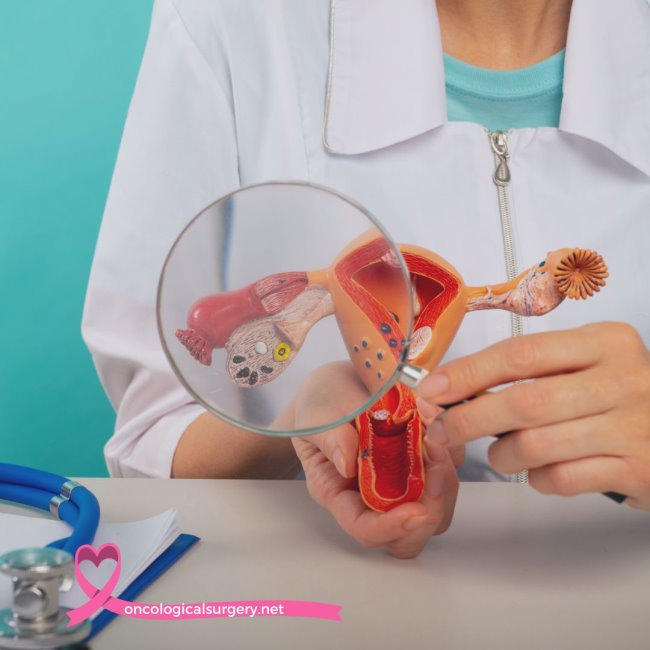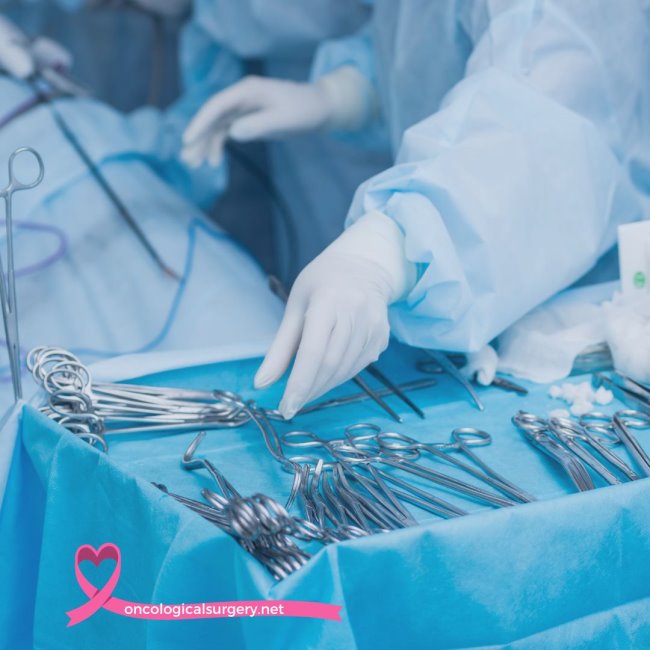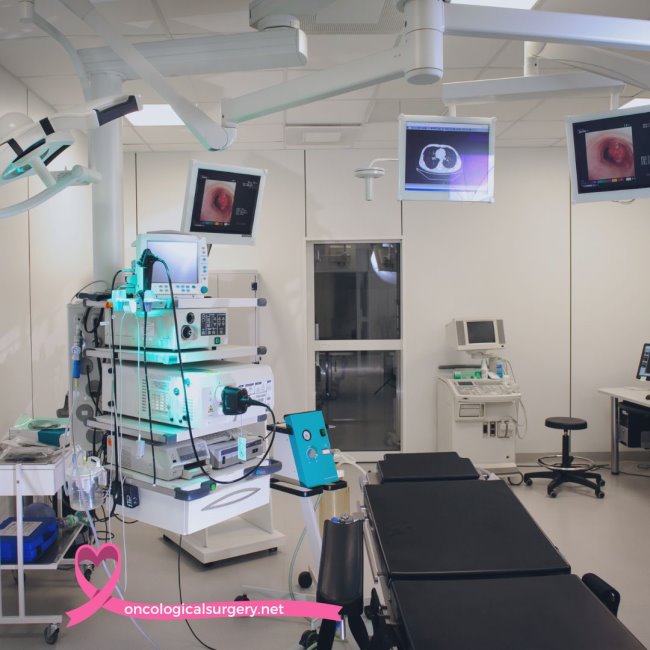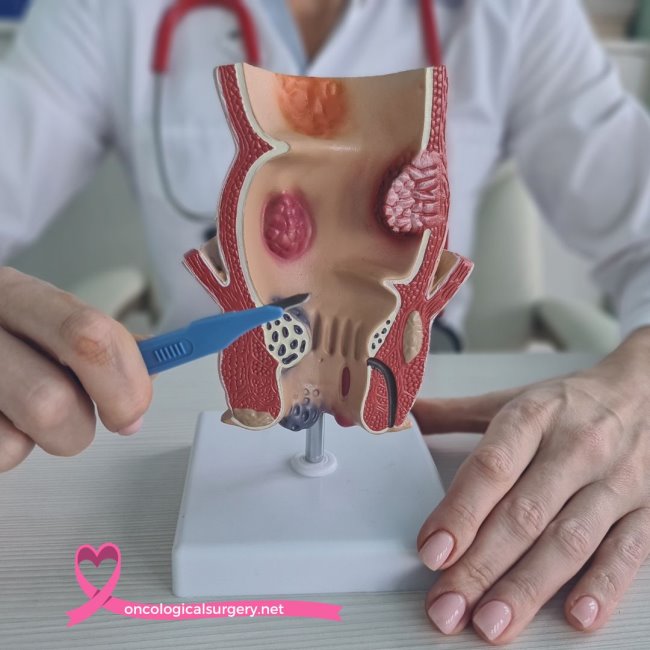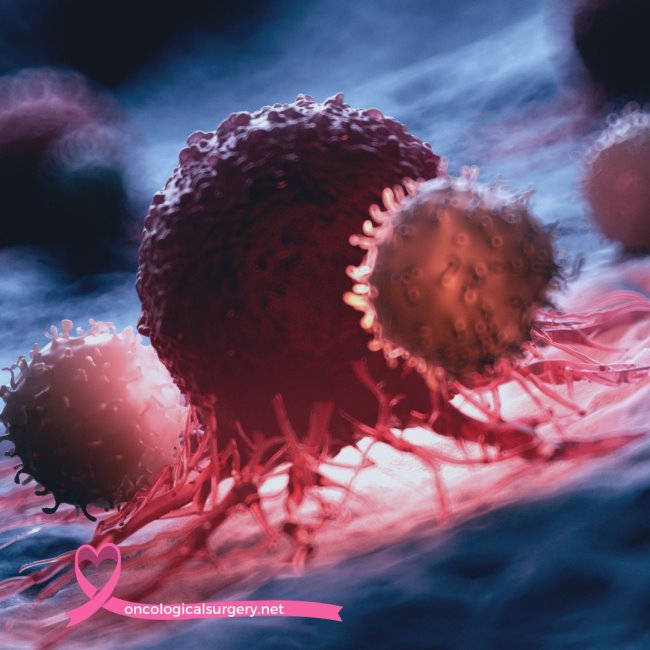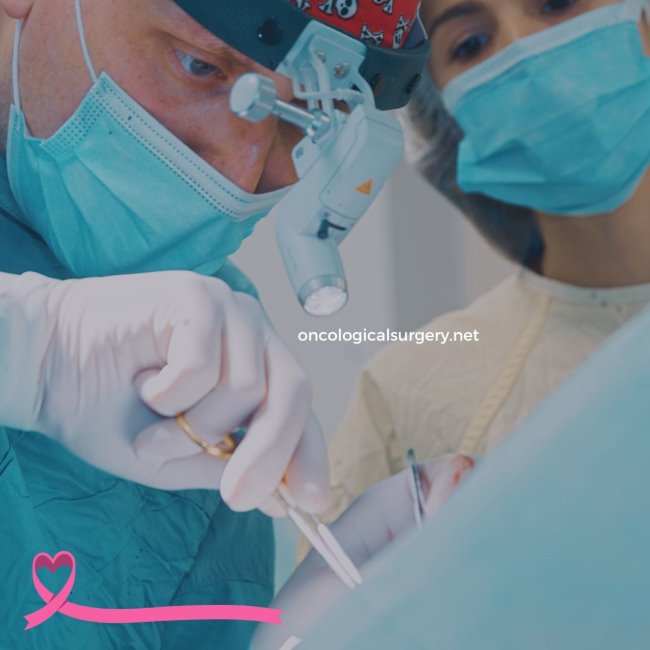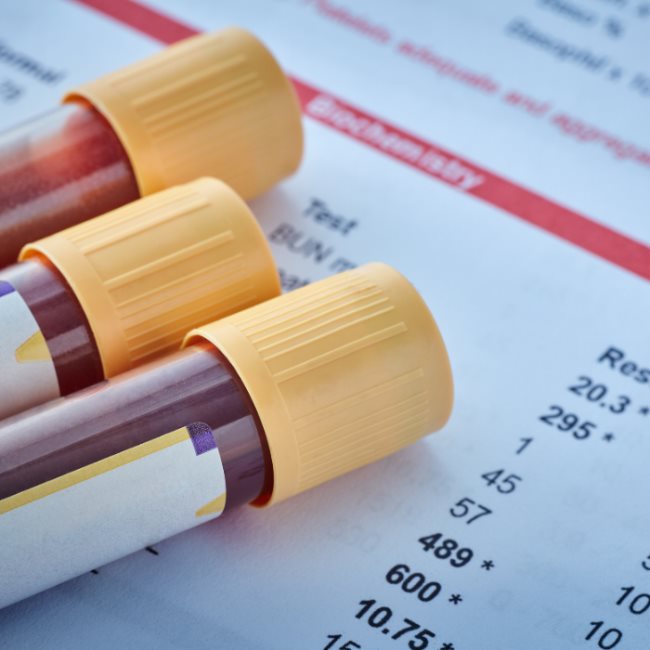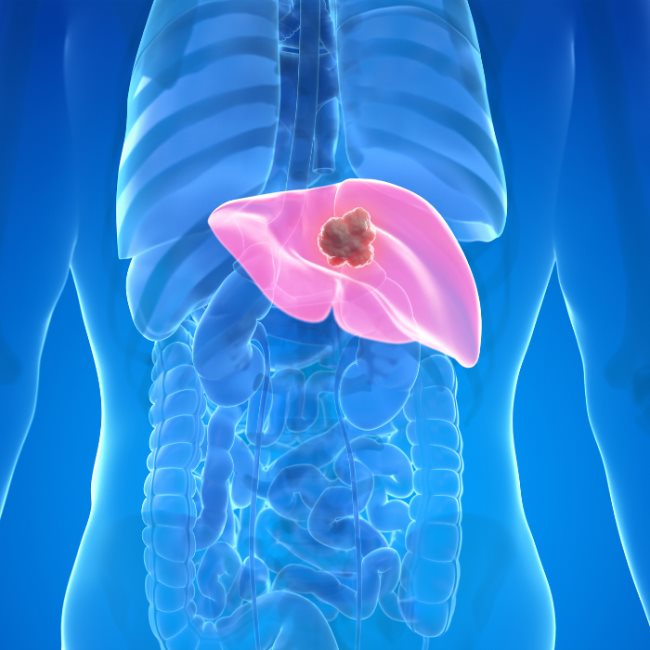
Post-Operative Care Tips for Cancer Surgery Patients
It is indeed a milestone in your treatment process, but post-operative care is an absolute must to ensure smooth recovery and minimize the chances of complications. Throughout this article, different tips have been highlighted which patients undergoing cancer surgery may use to ensure successful recovery.
Pain Management
Pain management: The first few hours after surgery are important in pain control. Based on your medical history, your doctor will prescribe some pain medication, to be taken according to the prescription. You should communicate clearly with your health care team regarding the level of your pain. If the pain is not adequately controlled, you should not hesitate to ask for adjustments in your medication. Active pain management may go a long way in smooth recovery and comfort.
Complementary Methods of Pain Management: Besides pain medications, some complementary methods are present. These include exercises that may relax the body, slow deep breaths, and mild movements. It is always important to check with your doctor before attempting any alternative pain management techniques to ensure they are safe and proper for your situation. These techniques will give added improvements in the management of your pain, and allow you to feel more comfortable and in control throughout your recovery.
Wound Care
Proper Wound Care: Taking good care of your surgical wound will be immensely important in preventing infection. You must follow your doctor's instructions on wound care and dressing changes precisely. Always wash your hands before touching your injury, and change dressings with antiseptics according to the instructions given. Keeping the wound clean and dry is very important in avoiding infections for smooth recovery.
Follow-up Care: Infection Monitoring: Watch for infection-to include increased redness, swelling, or drainage from the wound. If you see any of these, be sure and contact your healthcare professional. The sooner you begin treatment the less chance there is for a minor infection to become a serious complication. Your healthcare team can explain how to manage any signs of infection and help you get proper treatment right away.
Nutrition and Fluids
Wholesome nutrition plays a very important role in the post-surgical recovery phase. Base your diet on fruits, vegetables, lean proteins, and whole grains. Good nutrition supports your body's healing process, helps rebuild tissues, and boosts your overall strength. As much as possible, avoid consuming processed foods and go for fresh and wholesome meals to help your body gain the nutrients it needs to recover effectively.
Keeping Hydrated: Just as important for your recovery will be proper hydration. Be certain to drink plenty of water during the day. Try not to have drinks containing caffeine or alcohol in them because these can further lead to dehydration. Proper hydration is good for digestion and minimizes constipation. This also aids your body as it works through the healing process. Drink at least eight glasses of water every day, although you might need more depending on your condition, and you should discuss this with your healthcare team.
Rest and Activity-Gradual Return to Activity: A gradual increase in activity aids recovery and also prevents complications. Consult your doctor about the time and pace of resuming activities. Gentle exercises such as walking are helpful to improve blood circulation and prevent blood clots. Start slowly and gradually increase your activity as your strength improves. Avoid strenuous activities until your doctor advises you.
Rest is equally important in your recovery. Your body needs time to heal, so ensure you get plenty of rest and break up your activities throughout the day. Listen to your body and avoid overexertion. Resting can help your body to repair itself and may prevent complications such as fatigue and delayed healing. Set up a balanced schedule with activity periods and rest that may support recovery.
Follow-up Care
Routine Check-Ups: You will be required to attend all your follow-up appointments with your surgeon and health team. These visits will enable your health team to track your recovery and the early detection of any problems that might arise in the course of your recovery. Your health team will monitor your overall progress, look out for complications, and revise your treatment plan if necessary. Regular check-ups guarantee that you recover well and issues emerging will be timely identified and handled.
Communication with Your Doctor: Continue communicating with your doctor, even after the surgery is completed. Let him or her know of any unusual symptoms or side effects that you may experience. Examples include, but are not limited to, unusual bleeding, blurred vision, tiredness, nausea, and ongoing pain. The sooner a problem is treated, the less likely it is to become a serious complication. Don't feel uneasy about calling your doctor if you have concerns or questions. Communication is critical to a complication-free recovery.
Emotional Support
Seeking Assistance and Support: Cancer surgery can be emotionally devastating. If you need immediate emotional support, call your family or close friends, or even your counsellor. Support groups may be helpful in bringing you together with other people who have gone through processes similar to yours. Talking about feelings and experiences will, in the main, facilitate dealing with the emotional impact of your recovery. You will learn that you are not alone, and that fact in itself is both reassuring and comforting.
Relaxation/ Self-Care: Fit in activities that help you unwind, maintain a healthy perspective, and enjoy your free time. Stress reducers such as hobbies, reading, music, or meditation will enhance the general quality of life. The work of recovery requires focusing attention on mental and emotional health. Identify activities providing joy and/or relaxation and embed them into daily life to support the process of recovery.
Conclusion
Adequate post-operative care is required for the successful recovery after surgery due to cancer. By following such tips and further communication with the health team, your body can recover appropriately and decreases the complications. Some of the services we provide are explained in the following sections: oncology surgery, colon cancer treatment, pancreatic cancer treatment, stomach cancer treatment, and thyroid cancer treatment. Your journey to recovery is unique, and being well-informed and supported can make all the difference in the best possible outcome.
